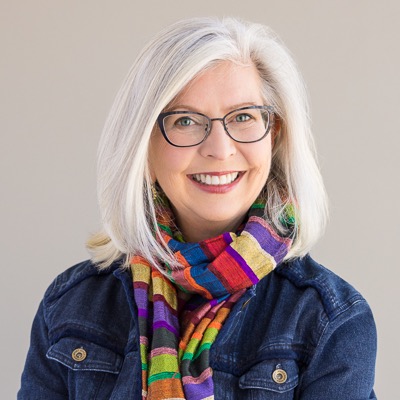
Kaitlyn Finchler
Staff writer
Almost 100 years ago, Mary and Kay were two people. Now, Mary Kay Zuravleff is one person, named after each of her Russian immigrant grandmothers.
Mary and Kay moved to the United States to work in the coal mines of Pennsylvania. Zuravleff combines their stories — just as her parents combined their names to create her’s — through her main character Elena in American Ending, published in June.
Zuravleff, the prose writer-in-residence for Week Six at Chautauqua Writers’ Center, will give her Brown Bag lecture on “ ‘Eyelash to Toenail’: Language and the Creative Process” at 12:15 p.m. today on the porch of the Literary Arts Center at Alumni Hall.
“I’m going to talk about language because, in writing a historical fiction novel, challenges were very different,” she said. “I couldn’t make the jokes or use the vocabulary that I’m accustomed to, because I’m writing through the eyes of a young woman who does not have much education.”
Her most recent novel, American Ending, is a memoir-esque work of historical fiction. Zuravleff dove into the history of her family and retold the fragility of citizenship 100 years ago.
“(The main character is) living in a family (where) she’s American-born and English is her first language, but not theirs,” Zuravleff said. “That limits you. I had to find the language for that time, and at first I was angry because of the limitations, but then I grew to get excited and love working within the limits that I had.”
Although American Ending focuses on the hardships of an immigrant family, Zuravleff said she has “a very active imagination” to help her calibrate what does and doesn’t tell a good story.
“People have grabbed me to tell me their family stories and how America wronged them,” she said. “(How it) was unfair or how some small act of generosity changed their whole trajectory, and allowed their parents to marry or get out of some debt situation.”
The author of several books and the recipient of the American Academy of Art’s Rosenthal Award and the James Jones First Novel Award, Zuravleff has taught at American University, Johns Hopkins University and George Mason University. In her capacity as a professor, Zuravleff has spent a much time and energy on balancing her teaching and writing.
“It’s challenging because you have to have enough jobs to pay the bills,” she said. “But, if you have too many jobs, there’s no time to write.”
Her “joy of teaching” led her to articulate her natural instincts in her writing. Zuravleff said she has a theory about the DNA of a novel, where every verb tense, point of view, title — everything with intention about how to tell the story — has life.
“I’ve always written that way, but I didn’t know that way until I had to teach others my approaches,” she said. “There are no tricks. I can’t make you write 10 ways to write a novel, but I can show you ways that helped me.”




